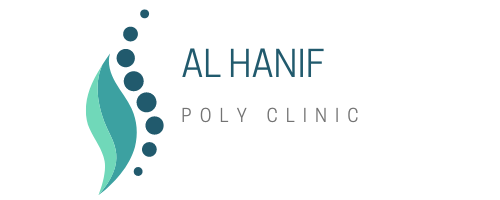
Introduction:
Living with HIV can present a myriad of challenges, affecting not only the immune system but also the overall well-being of individuals. In recent years, physiotherapy has emerged as a valuable component of comprehensive care for those with HIV. This article explores the various physiotherapy interventions that can make a significant impact on the lives of individuals living with HIV.
Understanding the Role of Physiotherapy:
In the realm of HIV care, physiotherapy plays a crucial role in addressing both the physical and psychological aspects of the condition. The following key interventions showcase the broad spectrum of benefits that physiotherapy can offer to individuals with HIV.
1. *Aerobic Exercise for Cardiovascular Health:*
Regular aerobic exercise has been proven to enhance cardiovascular health, a particularly important aspect for those with HIV. Physiotherapists design tailored exercise programs that not only boost heart health but also improve overall stamina and energy levels.2. *Strength Training for Muscle Health:*
HIV can lead to muscle wasting and weakness. Physiotherapy interventions include targeted strength training exercises to counteract these effects. Building and maintaining muscle strength not only improves mobility but also contributes to a better quality of life.
3. *Balance and Coordination Exercises:*
HIV can impact the nervous system, affecting balance and coordination. Physiotherapists employ specific exercises to enhance these skills, reducing the risk of falls and promoting a sense of confidence in daily activities.
4. *Pain Management Techniques:*
Chronic pain is a common issue for individuals with HIV. Physiotherapy offers various pain management techniques, including manual therapy and therapeutic exercises, to alleviate discomfort and improve overall well-being.
5. *Respiratory Therapy for Lung Health:*
As HIV can affect the respiratory system, physiotherapists focus on respiratory therapy to enhance lung function. Breathing exercises and techniques help individuals maintain optimal respiratory health, improving their overall ability to engage in daily activities.
6. *Psychosocial Support Through Movement:*
Physical activity has proven benefits for mental health. Physiotherapists incorporate movement-based interventions to provide psychosocial support, addressing issues such as depression and anxiety that may accompany an HIV diagnosis.
Conclusion:
Physiotherapy interventions in HIV care extend beyond the traditional scope, offering a holistic approach to address the diverse challenges faced by individuals living with the virus. As an integral component of comprehensive care, physiotherapy empowers individuals to enhance their physical health, manage symptoms, and improve their overall quality of life. Embracing these interventions can be a transformative step toward a healthier and more fulfilling life for those navigating the complexities of living with HIV.

Thanks for sharing. I read many of your blog posts, cool, your blog is very good.